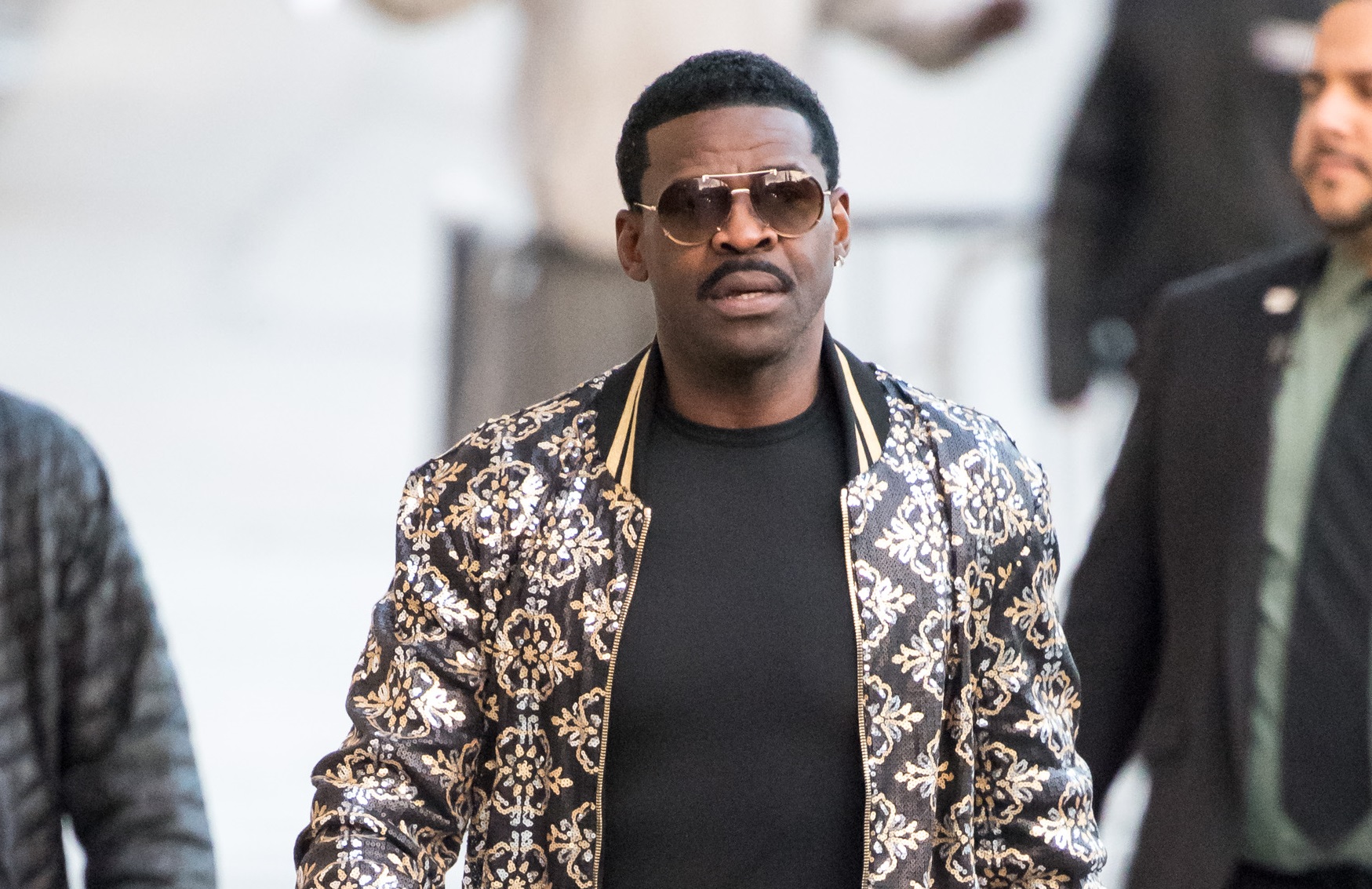NFL
Michael Irvin’s 1 Rule While Playing Landed Him in the Hall of Fame

Michael Irvin was just seven years old when Magnum Force opened in movie theaters in 1973, but the Dallas Cowboys great rode a bit of advice from Clint Eastwood’s character all the way to the Pro Football Hall of Fame in Canton, Ohio.
“A man has to know him limitations” is advice that served Irvin well over 12 NFL seasons, even if he didn’t stick with the script at times after retiring.
Michael Irvin starred in college and with the Dallas Cowboys
RELATED: Michael Irvin Is Worth $15 Million but Refused To Cash His First Dallas Cowboys Paycheck
Three stellar seasons playing for Jimmy Johnson at the University of Miami paved the way for Michael Irvin’s Hall of Fame career with the Dallas Cowboys. Irvin made 143 receptions for 2,423 yards and 26 touchdowns in helping the Hurricanes to a 33-3 record.
Irvin passed up his final season of eligibility to enter the NFL draft in 1988. The Cowboys made him the 11th pick of the first round. His pro career started modestly as Irvin made just 78 catches over 32 games in his first three seasons.
Playing once again for Johnson, Irvin finally emerged in 1991 with the first of five straight Pro Bowl seasons. He made 93 catches for a league-best 1,523 yards in that 1991 season. It was the start of a run that saw him haul in 662 passes over eight seasons with 50 touchdowns.
Irvin was limited to four games in 1999 by an injury that led to a diagnosis of spinal stenosis. He retired with 750 catches and 65 touchdowns in 12 seasons.
Irvin was inducted into the Pro Football Hall of Fame in 2007 as part of a class that included Buffalo Bills great Thurman Thomas.
Michael Irvin’s one rule landed him in the Hall of Fame
RELATED: Michael Irvin’s Love of Winning Drove Him to Snitch on His Dallas Cowboys Teammates
The Dallas Cowboys may have lost 26 games when they were at their peak from 1991 to ’96, but they seldom lost a party. Those Cowboys teams played hard on the field and then partied harder during the week.
Michael Irvin admits to partaking in the revelry, but he said in a recent interview that discipline and moderation were essential.
“For all of my life, I could do all of these things — partying, having fun, catching women, out drinking, doing all of that stuff. But I did it up ‘til March,” Irvin said. “My birthday is March 5th. The second weekend in March is when we started back training. So, I would always have a blast, have one big-time party. Wild out, girls, getting high, everything. And then after that, I started training. And I never did anything while I was training.”
Irvin said the players’ normal night out during the season was on Thursday because Friday practices typically weren’t long or physical. He felt a need to be there with his teammates but generally eschewed anything too crazy because he recognized the need to take work seriously.
“You’re having fun and the fun overtakes you,” he said on the Pardon My Take podcast. “It’s OK to have a problem, but it’s a problem when the problem has you.”
The end of his career led to a breakdown in that discipline
RELATED: Michael Irvin Dropped His Pants and Mooned the Head of the NFLPA During a Financial Disagreement
Michael Irvin’s retirement after the 1999 season left him in an unfamiliar position. He had plenty of money from his playing days and he had time on his hands, but he was no longer on a rigid schedule.
Irvin was arrested on cocaine possession charges in June 2001, though the charges were later dropped.
“When I retired and I go through February, I’m getting high and having a great time, and then March comes around, and I’m still having a good time,” Irvin said, as transcribed by Larry Brown Sports. And then April comes around, and I said, ‘OK, enough of this. I gotta get focused on what I’m gonna do next. I’m no longer playing football.’ In all the years prior to that, I was always able to stop. But now, I could not stop. I had to get some counseling on it and find out what it was. I was switching addictions from playing football.”











